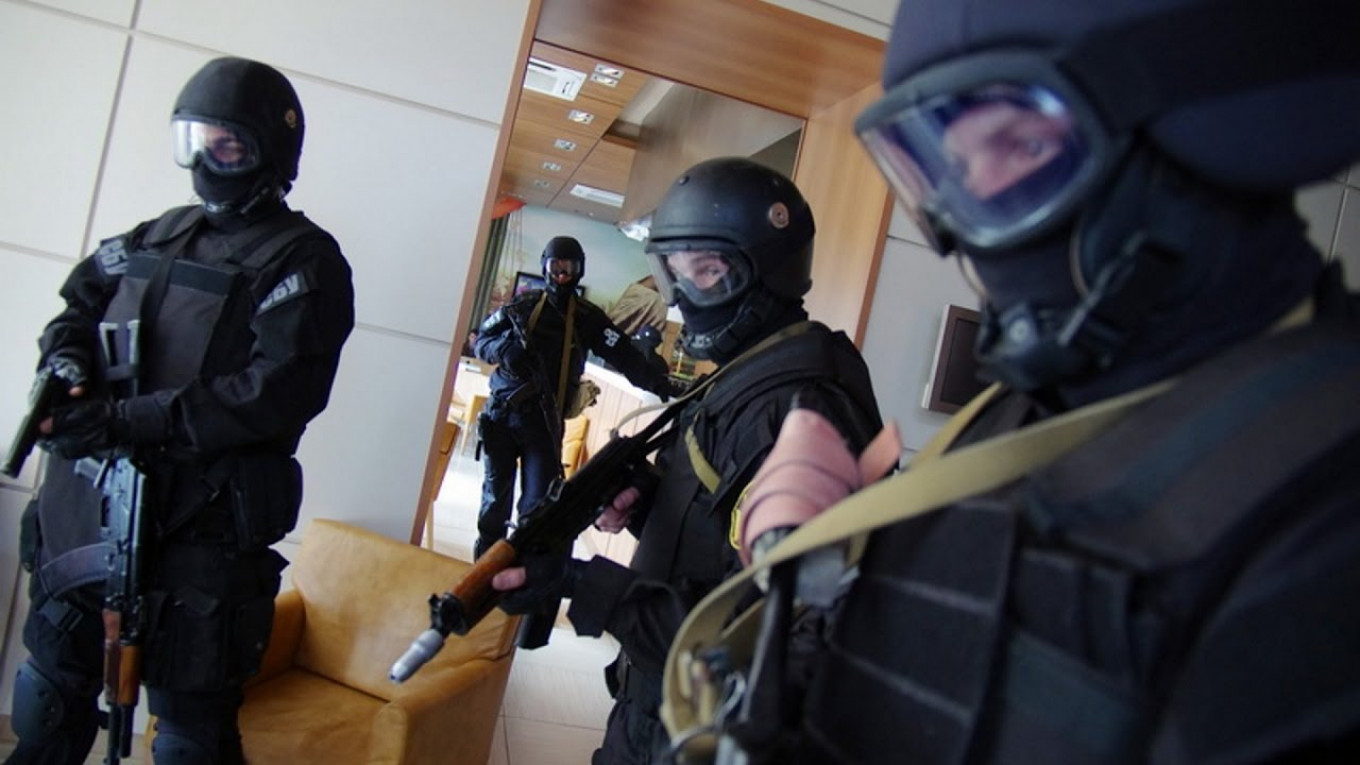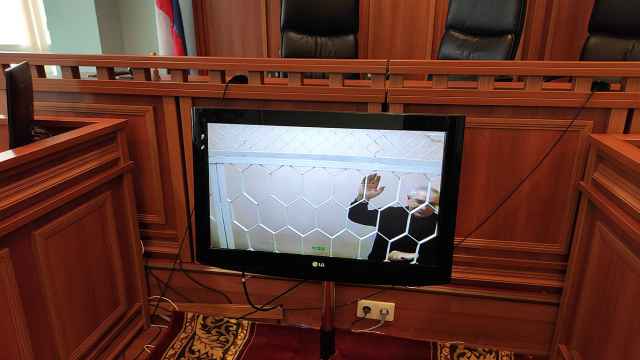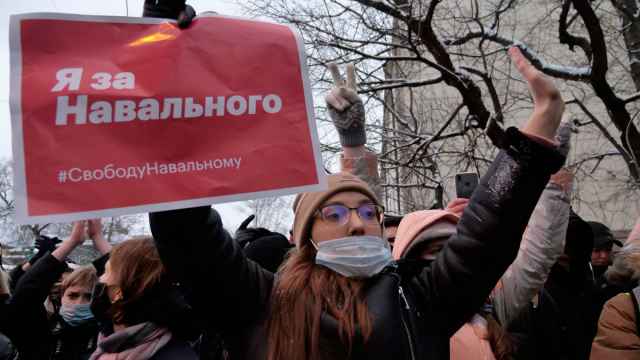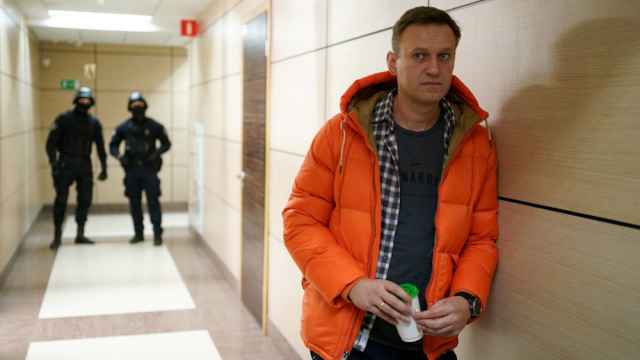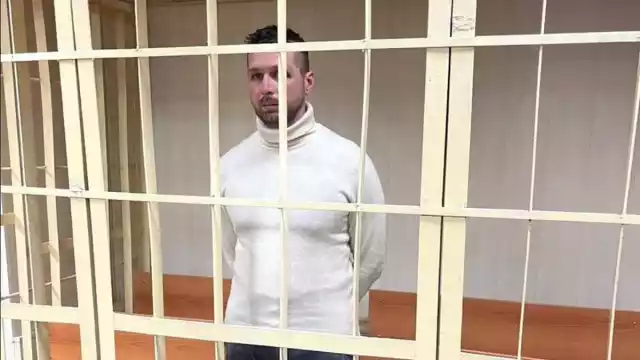Security officials have carried out searches in five of opposition leader Alexei Navalny’s regional offices across Russia, days after local elections where he urged supporters to vote strategically against Kremlin-aligned incumbents.
The raids in the cities of Ufa, Samara, Perm, Chelyabinsk and Saransk took place less than a week after Navalny’s Moscow offices were raided. Moscow police had reportedly told Navalny volunteers and staffers that the raids last Friday were part of an investigation into alleged mass civil riots during July 27 anti-government protests.
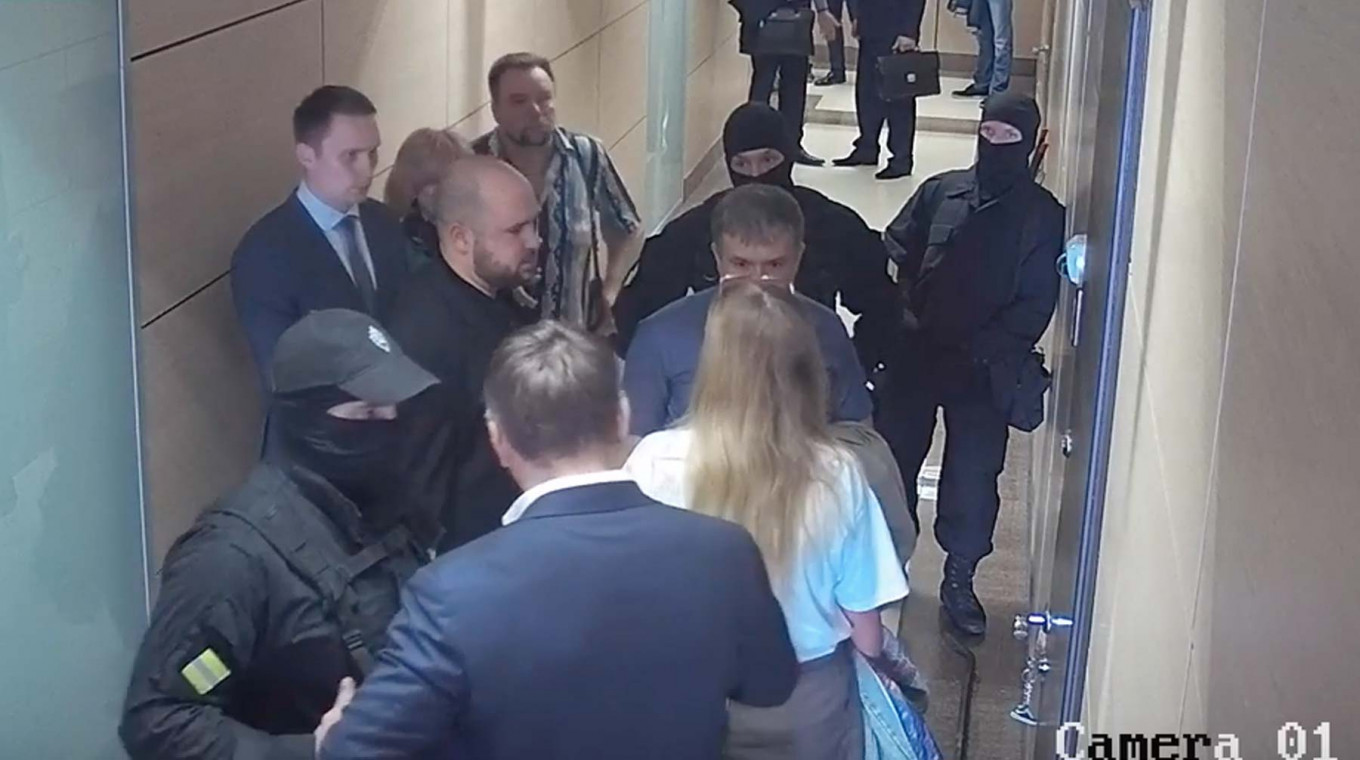
Tuesday’s raids in five cities are part of an early August criminal case into Navalny’s Anti-Corruption Foundation (FBK) over the alleged laundering of 1 billion rubles ($15.3 million), human rights lawyer Pavel Chikov wrote on social media.
Russian authorities on Aug. 8 froze more than 100 private and legal bank accounts linked to Navalny as part of the money-laundering investigation. Accounts frozen included those associated with the FBK, some personal accounts of allies and accounts belonging to Navalny's headquarters.
Navalny and his allies say the FBK, which has published a slew of embarrassing investigations into government officials, is transparently financed from public donations.
Close Navalny ally Leonid Volkov linked the searches in five cities to the opposition leader's “Smart Voting” strategy.
Anti-Kremlin critics say the strategy helped Russia’s ruling party lose one-third of its seats in the Moscow parliament during Sunday’s election. The party still held onto its majority in the 45-seat Moscow City Duma.
The outcome of Sunday’s local elections in Moscow was closely watched after the exclusion of many opposition candidates triggered the biggest protests there in nearly a decade.
A Message from The Moscow Times:
Dear readers,
We are facing unprecedented challenges. Russia's Prosecutor General's Office has designated The Moscow Times as an "undesirable" organization, criminalizing our work and putting our staff at risk of prosecution. This follows our earlier unjust labeling as a "foreign agent."
These actions are direct attempts to silence independent journalism in Russia. The authorities claim our work "discredits the decisions of the Russian leadership." We see things differently: we strive to provide accurate, unbiased reporting on Russia.
We, the journalists of The Moscow Times, refuse to be silenced. But to continue our work, we need your help.
Your support, no matter how small, makes a world of difference. If you can, please support us monthly starting from just $2. It's quick to set up, and every contribution makes a significant impact.
By supporting The Moscow Times, you're defending open, independent journalism in the face of repression. Thank you for standing with us.
Remind me later.


